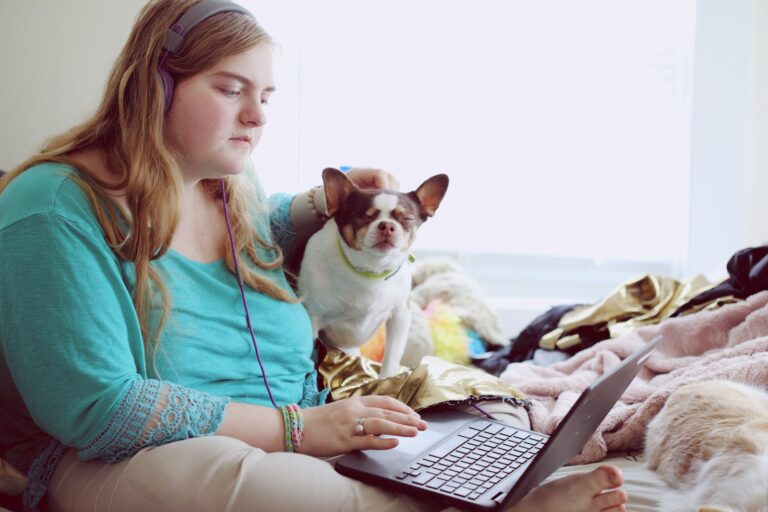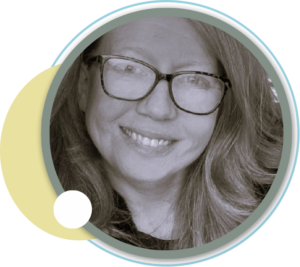There is typically a long stretch of self-examination that happens as people approach an autism diagnosis in adulthood. Whether it is a lack of socialization or employment struggles, most people are not surprised to get the magic autism ticket. Even those that are not officially diagnosed until very late in life recognize that something has been amiss as long as they can remember. Those that have known them since childhood will often respond that the official diagnosis makes sense, even if not entirely familiar with the diagnostic criteria.
The greatest financial advantage that we have seen to having an evaluation performed to include the autism criteria is that autism is considered by the medical community to be a lifelong developmental disability. That means that if a person with autism chooses to pursue public funding to support their lives, the criteria in the United States which says that onset must have been prior to age 26 can be answered in the positive. Even if that diagnostic evaluation was recorded at 53 years of life, the person is known to have a “lifelong developmental disability”.
The efficacy of the diagnosis can impact whichever parts of your life where you wish to disclose. If you keep the information to yourself, you will still see benefits if you give yourself the grace of knowing that your worldview is not flawed, it’s different from how others see the world. If you include neuroinformed supports in your life, the benefits will multiply because you are giving people the language and permission to understand you and to help. The scope of how-when-why you disclose is completely up to you.
The greatest results that we have witnessed for late life diagnosis comes in the form of the community that you can now claim party to. Since neurodivergent thinkers have a tendency to self-isolate because of the shame we have about ourselves, and the blame others inflict on us, our population is often lonely. Not having friends is the most common complaint we hear. When you open up to understanding yourself, you also become a part of something bigger than yourself that you can connect with at a deeper level. In my opinion, that connection is the greatest gift we can give to ourselves.


